Tip of Mount Kilimanjaro
A stone from Africa's tallest peak is immortalized in a Potsdam palace—but is it actually the mountaintop?
Tucked within Sanssouci Park stands the 18th-century Neues Palais (New Palace), boasting over 200 rooms, one of which holds a bizarre secret. The Grottensaal (Grotto Hall) is made of over 20,000 minerals, stones, and seashells, including a lava rock labeled as the “Tip of Mount Kilimanjaro 1890.” How did this stone from Africa’s tallest peak end up in a Potsdam palace, and is it really the very top of the mountain?
Over the 19th century, European powers invaded and colonized much of Africa. In 1884, representatives of 14 of those countries gathered in Berlin for a conference in which they divided up the continent, without any input from African communities. Germany laid claim to several territories but their primary colonial holding was in East Africa, a swath of land that covered present-day Burundi, Rwanda, and Tanzania, including Mount Kilimanjaro.
German geographer Hans Meyer decided that he wanted to become the first European to summit the peak. On an expedition in 1889, Meyer achieved that goal. To commemorate the climb, he took with him several souvenirs. One of those souvenirs was a lava rock that Meyer collected from the summit of Kilimanjaro, half of which he later gifted to German emperor Wilhelm II.
Kaiser Wilhelm’s favorite palace was the Neues Palais in Potsdam. So the order was given to incorporate the “Tip of Kilimanjaro” into the Grotto Hall.
This is where it remained until… well no one is quite sure. Examinations in the 1980s revealed the initial summit stone was replaced after World War II with an average rock. It may have been stolen or simply lost during the chaos of the war. A substitute stone from Hans Meyer’s collection was subsequently put in its place. It’s no longer from the actual top of the mountain, but it is a rock from somewhere on Kilimanjaro.


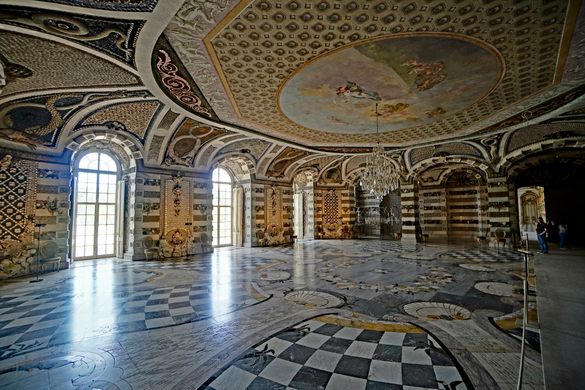
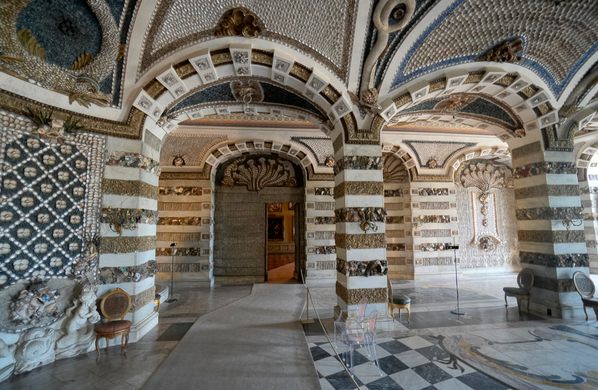
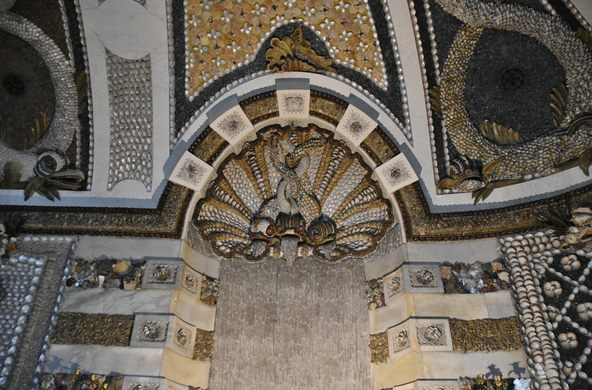
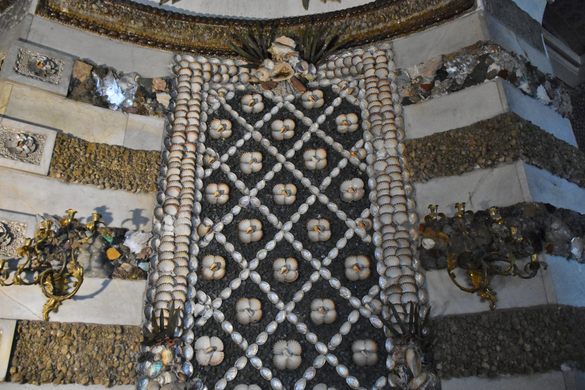
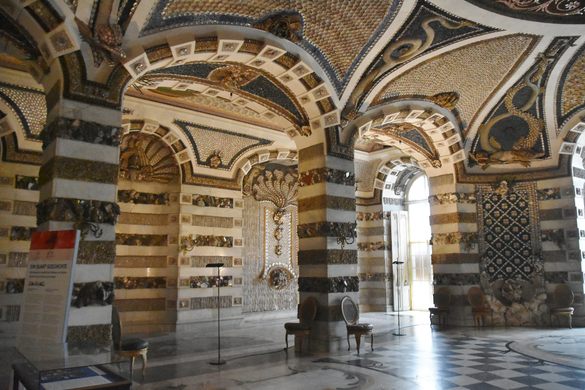


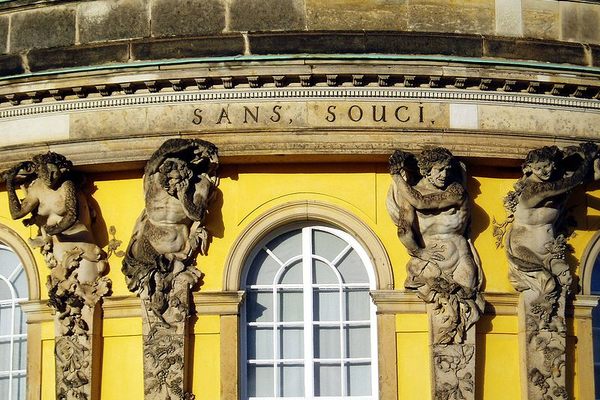

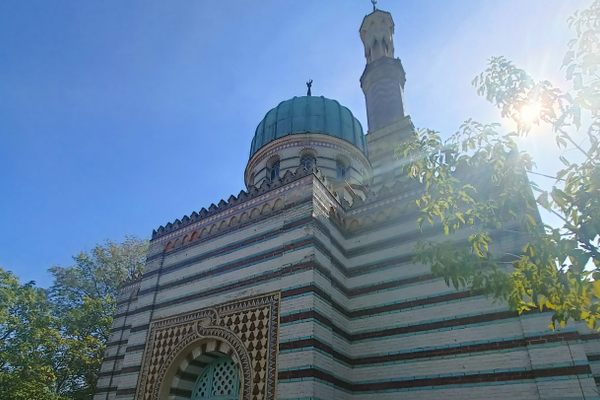


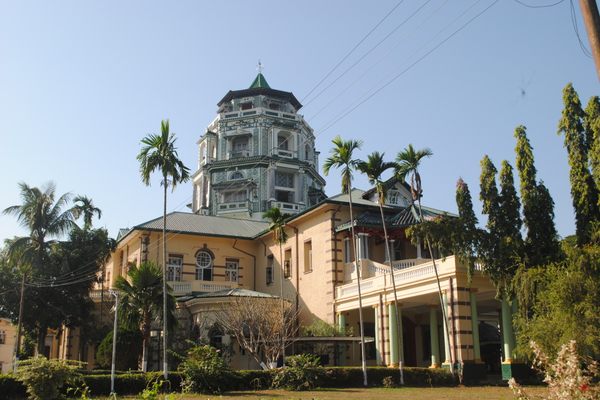
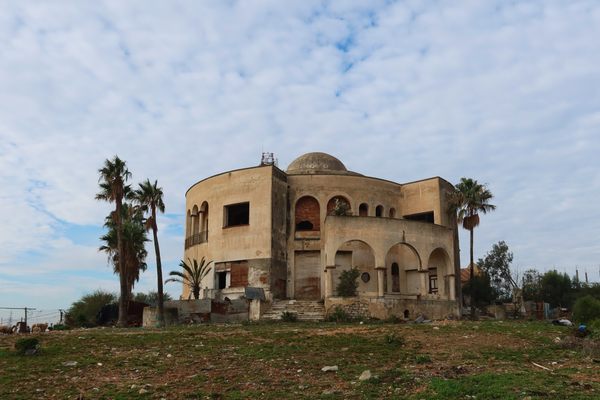


Follow us on Twitter to get the latest on the world's hidden wonders.
Like us on Facebook to get the latest on the world's hidden wonders.
Follow us on Twitter Like us on Facebook